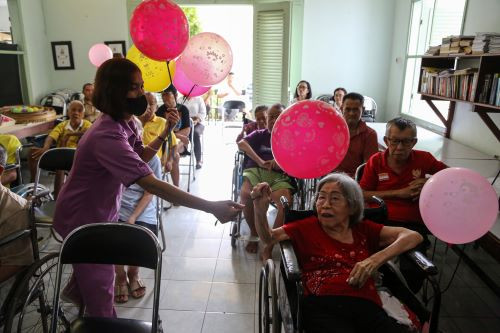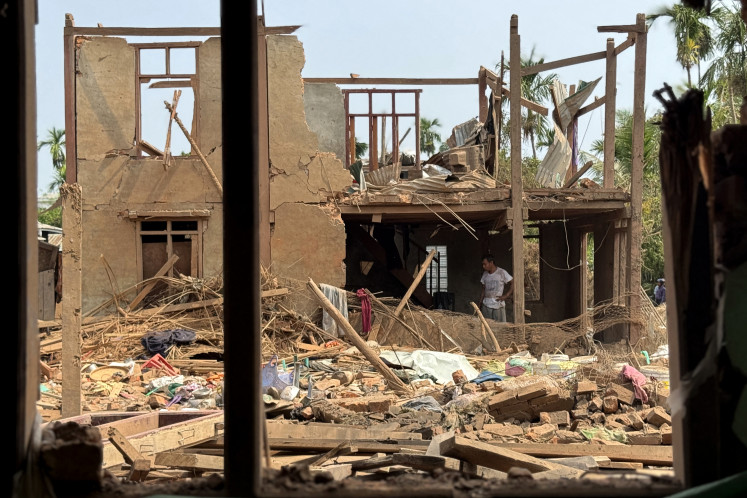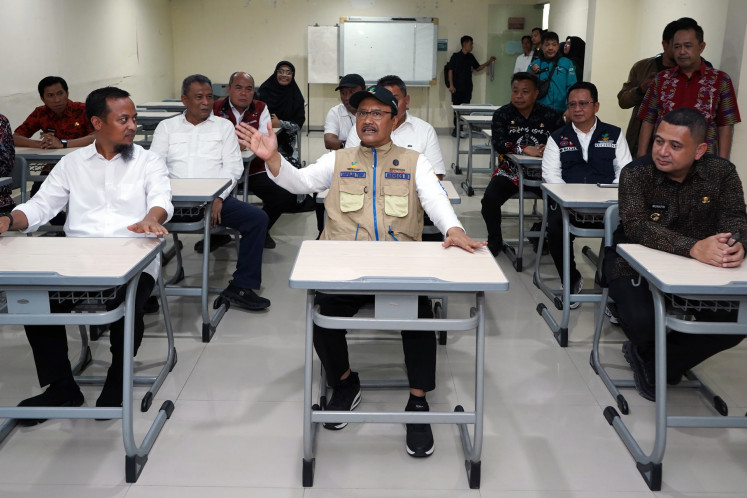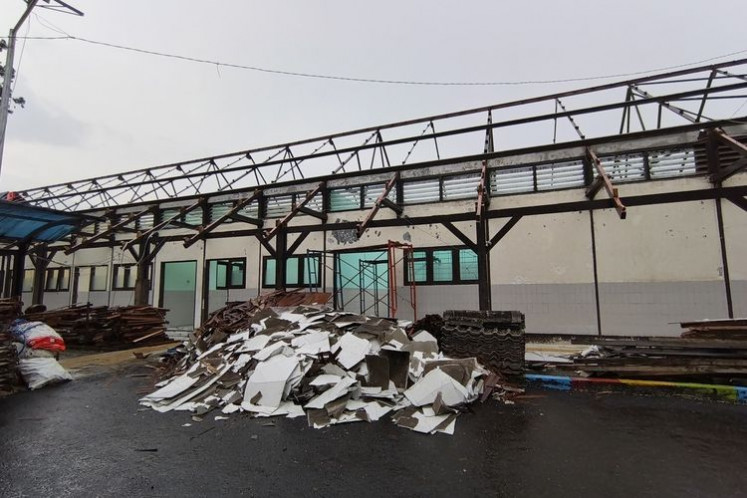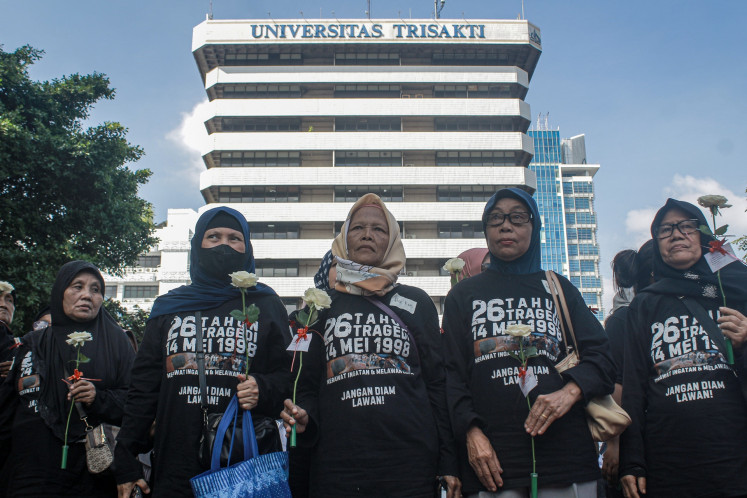Engaging local governments, communities in fight against forest fires
Without the involvement of locals, especially forest-dependent people, assurance that forests and peatland can be managed well is challenging and almost impossible.
Change text size
Gift Premium Articles
to Anyone
 World Environment Day, which falls on June 5, highlights the global concern for “air pollution”. Severe cases of air pollution in Indonesia are often related to transboundary haze resulting from land burning activities. (Shutterstock/File)
World Environment Day, which falls on June 5, highlights the global concern for “air pollution”. Severe cases of air pollution in Indonesia are often related to transboundary haze resulting from land burning activities. (Shutterstock/File)
W
orld Environment Day, which falls on June 5, highlights the global concern for “air pollution”. Severe cases of air pollution in Indonesia are often related to transboundary haze resulting from land burning activities.
The 2015 Southeast Asian haze was the latest occurrence of transboundary haze coming from Sumatra and Kalimantan. Previously, the fires occurred in 1982-1983, 1987, 1991, 1994, 1997-1998, 2005, 2006-2007 and 2013. Since 2016, however, the incidents have been reduced but risks associated with fires remain high, especially when the dry season nears.
A study titled Environmental Research Letters in 2016 states that the haze outbreak in 2015 was the worst since 1997 as a result of the extreme El Niño weather phenomenon, which is characterized by drought, causing peatland and forests to be more vulnerable to fires.
Fires have been widely used in Indonesia when the country rapidly grows its land-based economy through, for example, expansion of agricultural and forestry production. Land-based operators (small to large) choose fires as the cheapest way to clear or prepare land.
Whenever crop growers or farmers — both large and small scale — engage in burning activities or slash-and-burn practices during the dry season or on land that has dry peat (usually highly combustible during the dry season), a disaster literally happens.
The question remains whether the country can find a long-term solution that focuses on fire prevention, while maintaining the growth of its land-based economy. Basically, it is about finding the right policies and business models that will lead to improvement in “production” of the agriculture and forestry sector, while strengthening “protection” of forests and peatland, and improving the welfare of smallholders and rural people.
The government’s responses to these challenges have been positive. Key policy interventions have been rolled out, including a moratorium on forest and peat conversion as well as prohibiting the draining and clearing of not only new peatland but also existing concessions previously licensed to plantation or forestry companies.




